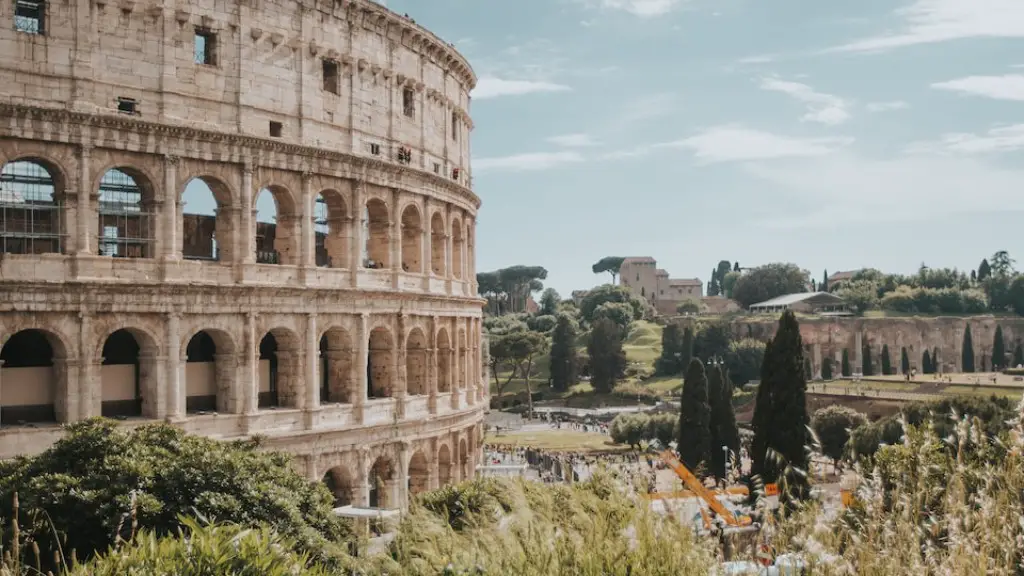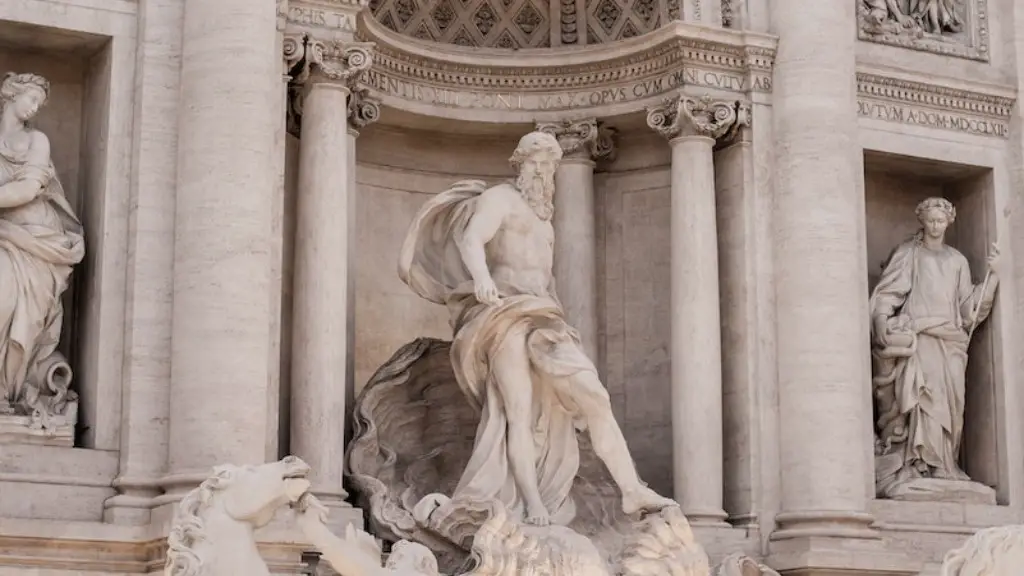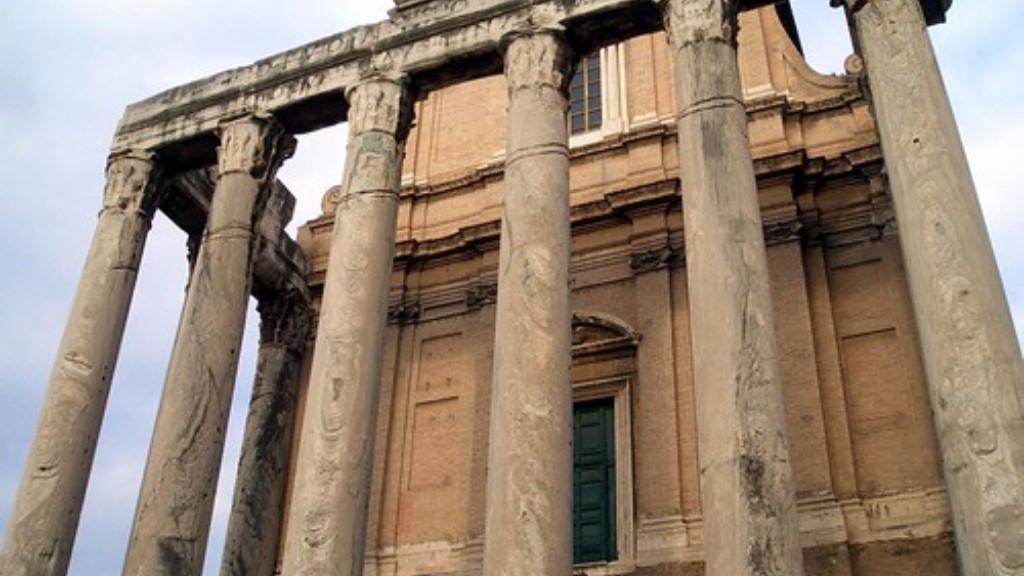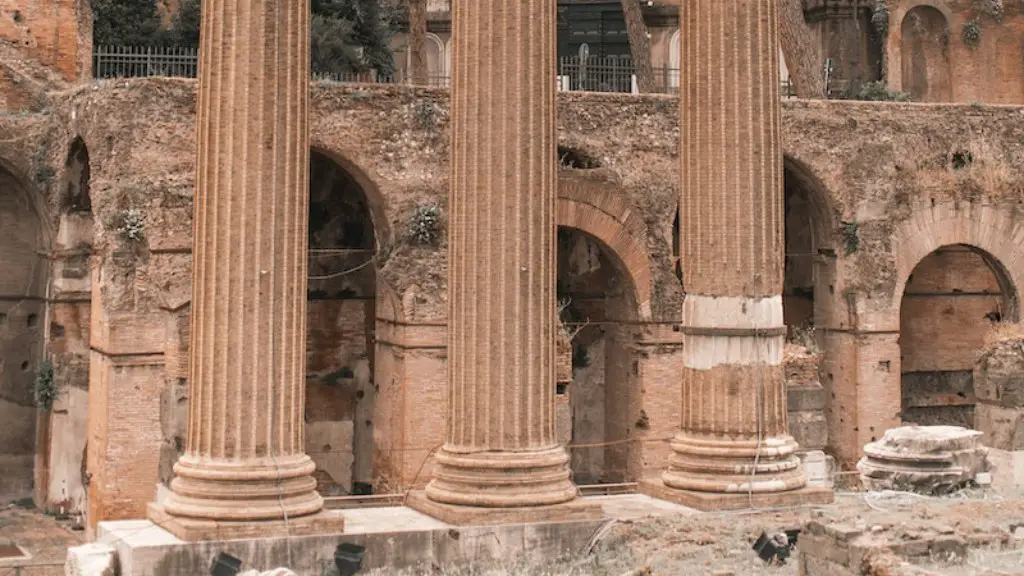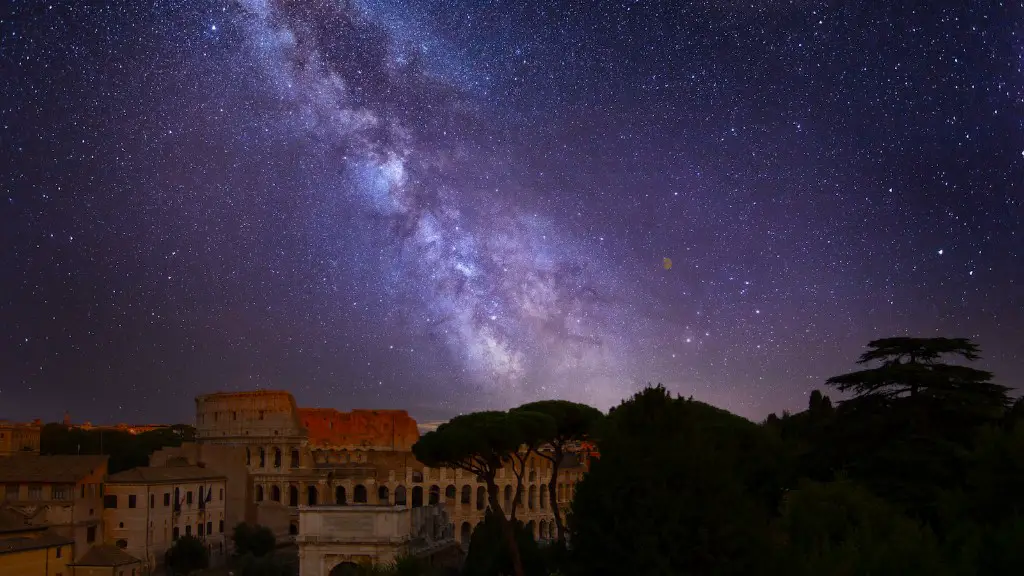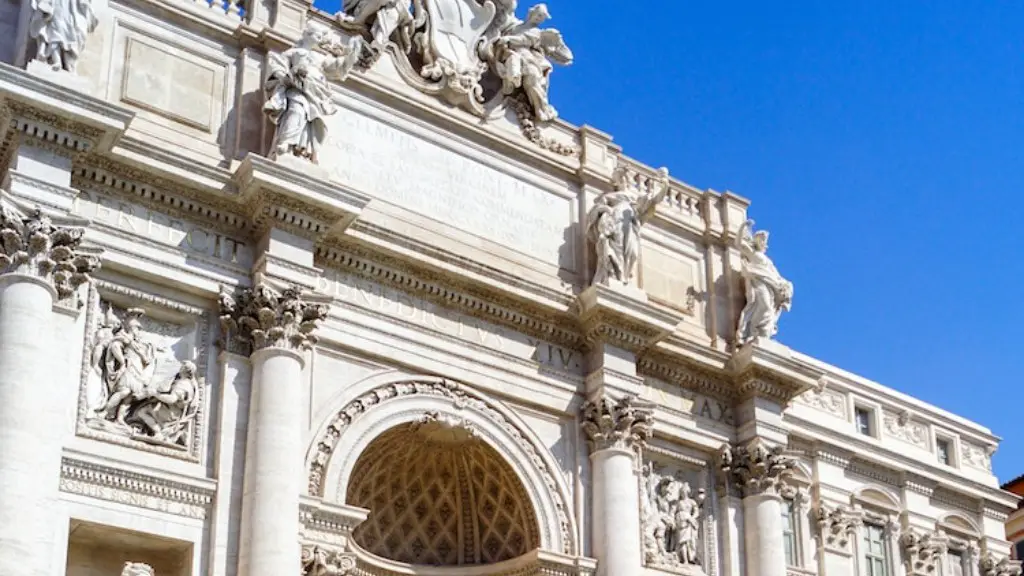Founded in 753 BC by the brothers Romulus and Remus, Rome emerged as a powerful city-state in central Italy. The Roman Republic was established in 509 BC, and grew steadily in power. By the 1st century BC, Rome had become a global empire, ruling over much of Europe, North Africa, and the Middle East. What was life like for the ancient Romans?
For most ancient Romans, life was a struggle. The vast majority of the population were peasants or slaves, working long hours in the hot sun. Daily life revolved around survival and basic needs. Housing was cramped and uncomfortable, food was often scarce, and disease was rampant.
There was, however, a thriving upper class in Rome. The ruling elites lived in luxury, enjoying the finer things in life. They had access to the best food, wine, and entertainment. They also had the power to make or break lives.
Ancient Rome was a complex and fascinating civilization. Life was hard for most people, but the upper class enjoyed a lifestyle of privilege and power.
A day in the life of an Ancient Roman began with a light breakfast and then heading off to work. For the wealthy, work might involve politics or running a business. For the majority of Ancient Romans, work was manual labor. Laborers might work in construction, farming, manufacturing or as servants. Around noon, everyone took a break for lunch, which was usually a light meal eaten at home. After lunch, work resumed until late in the afternoon when most people had a light dinner and then relaxed for the evening. Wealthy Ancient Romans enjoyed attending the theater or going out to dinner parties, while the majority of the population spent their evenings with family or friends.
What was life like in Roman Rome?
The wealthy class in ancient Rome enjoyed a life of luxury, while the poorer class could only dream of such a life. The wealthy had servants and slaves to cater to their every need, and they would hold exclusive dinner parties where they would serve their guests exotic dishes. The poorer class could only imagine what it would be like to live such a life of luxury.
The rich, on the other hand, lived in single-family homes with as many as thirty rooms They had running water, central heating, and slaves to do the cooking, cleaning, and shopping. Most rich families also had a country house where they could escape the heat of the city in the summer.
What was daily life in Rome
A typical Roman day would start off with a light breakfast and then off to work. Work would end in the early afternoon when many Romans would take a quick trip to the baths to bathe and socialize. At around 3pm they would have dinner which was as much of a social event as a meal.
According to this study, people who sleep for shorter periods of time are less likely to suffer from insomnia. This is likely because they are not exposing themselves to long periods of darkness, which can trigger the body’s natural sleep cycle.
What did the rich Romans do for fun?
The Romans were a bloodthirsty people and enjoyed watching fights between gladiators and between people and animals. These shows were put on in front of crowds in large arenas called amphitheatres.
The average citizen in the Roman Empire worked hard and lived in modest housing. Despite the riches of the empire, the largest class lived in what can only be described as poverty. Roman children wore pendants called bullas, from the Latin word for “bubble,” around their necks.
How did the Romans deal with homelessness?
Many of the homeless people in Rome slept under the stairs of insulae, which were apartment blocks that could be up to 70 feet tall. Some of them also slept between the columns of porticoes or along the Tiber River.
The typical day for a Roman began before dawn and ended late at night. They would start the day with a light breakfast, followed by a period of work. Around noon, they would take a break for lunch, which was usually a light meal. In the afternoon, they would pursue leisure activities such as swimming and exercising. At sundown, they would get together for an elaborate dinner party that often went on until late in the evening.
What jobs did poor Romans have
The wealthy people owned the farms while the poor worked the land to harvest the crops and raise the livestock. This meant that the wealthy people had a lot of power over the poor. The poor people were often forced to work long hours for little pay. They also had to live in terrible conditions.
The ancient Romans were known for their love of knowledge and their focus on personal growth. Because of this, they often spent their nights studying or engaging in other activities that allowed them to reflect and learn. This type of sleep was considered natural, as the body wasn’t subject to any outside influences or artificial light. Instead, it simply followed the sun’s natural rhythm.
Did Romans sleep with other men?
It is interesting to note that Roman men were free to enjoy sex with other males without a perceived loss of masculinity or social status, as long as they took the dominant or penetrative role. This suggests that homosexuality was not seen as a challenge to one’s masculinity or social status, as long as the man took the lead in the sexual encounter. This is in contrast to how homosexuality is often seen today, where men who engage in homosexual activity are often seen as somehow lesser than their heterosexual counterparts. It is refreshing to see that, in ancient Rome, sexuality was not seen as a defining factor in one’s masculinity or social status.
The age of lawful consent to marriage was 12 for girls and 14 for boys in the Roman Empire. Most Roman women married in their late teens to early twenties. Still, noble women married younger than those of the lower classes, and an aristocratic girl was expected to be a virgin until her first marriage.
How many meals a day did the Romans eat
The Roman cena, or main meal, was typically eaten around sunset. This meal was preceded by a light meal, often just a piece of bread, early in the morning, called the ientaculum, or breakfast. Supper or vesperna was a smaller meal in the evening.
The Romans typically ate three meals a day. The first meal of the day was breakfast, which consisted of bread or a wheat pancake eaten with dates and honey. The second meal, eaten at midday, was a light meal of fish, cold meat, bread, and vegetables. The last meal of the day, the cena, often consisted of leftovers from the previous day.
How did the Romans enjoy themselves?
Men all over Rome enjoyed riding, fencing, wrestling, throwing, and swimming. In the country, men went hunting and fishing, and played ball while at home. There were several games of throwing and catching, one popular one entailed throwing a ball as high as one could and catching it before it hit the ground.
Roman soldiers were incredibly well trained. Not only could they march 20 miles a day while wearing all of their armor and equipment, but they could also swim and cross rivers in boats. They were also skilled in building bridges and smashing their way into forts. This made them a force to be reckoned with on the battlefield.
Conclusion
Life in ancient Rome was full of art and culture. The ancient Romans were very creative people. They loved music, dance, and theatre. Roman art is some of the most beautiful in the world. It is full of life and color. The ancient Romans were also very good at engineering. They built roads, bridges, and aqueducts that are still used today. Life in ancient Rome must have been very exciting.
The ancient Romans were a people who were very proud of their culture and way of life. They believed that their way of life was the best and that anyone who didn’t live like them was living in a barbaric way. They were a people who were very dedicated to their families and their homes. They believed that family was the most important thing in life and that one’s home was their sanctuary. The ancient Romans were also a people who were very religious. They believed in a lot of gods and goddesses and they had temples all over the city dedicated to them. They believed that if they were good to the gods, then the gods would be good to them.
